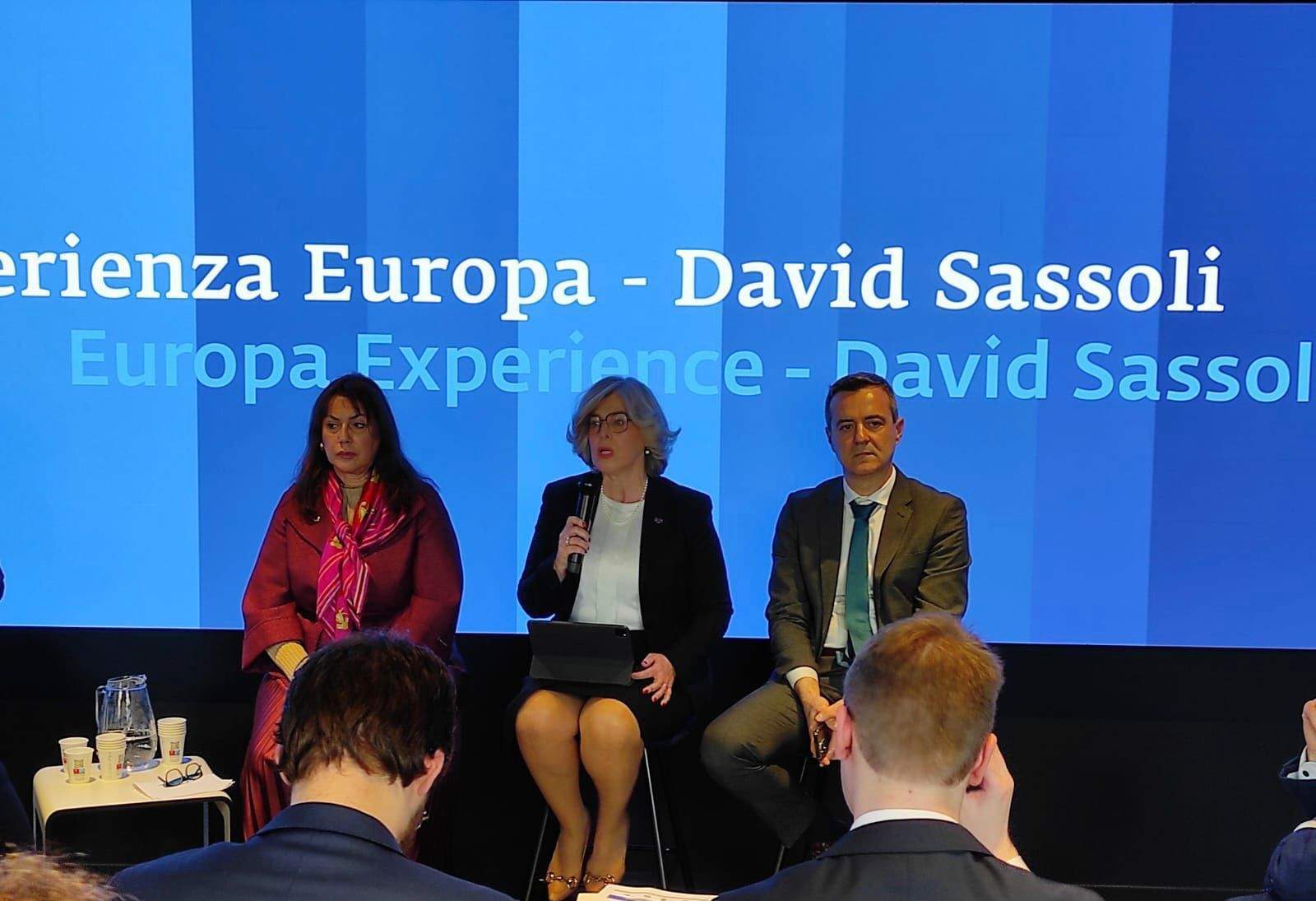

The University of Mostar participated in the AESI Forum: university and diplomatic collaboration to promote dialogue and peace.
The University of Mostar participated in the AESI Forum: university and diplomatic collaboration to promote dialogue and peace.
The University of Mostar participated in an internationally attended forum titled "Challenges for Peace: European Union Leadership in the Balkans," organized by the European Association of International Studies (AESI) in collaboration with the Center for Advanced Defense Studies (CASD), the Italian Ministry of Foreign Affairs and International Cooperation, and the European Union (Delegation of the European Commission in Italy and the European Parliament in Italy). This year's forum focused on the theme of European Union leadership in the Balkans with the aim of promoting dialogue and peace, bringing together representatives from the United Nations, the Commission, the European Parliament, diplomatic experts, ambassadors, academics, and university community representatives, as well as students from February 19 to 20.
At the AESI forum, during the session dedicated to University Collaboration and the Peace Process in the Balkans, representatives of the University of Mostar, Prof. Dr. Sanja Bijakšić, Vice-Rector for International Cooperation, and Prof. Dr. Dražen Barbarić, Dean of the Faculty of Philosophy, actively participated. This participation signifies a significant step towards strengthening the ties between the academic community and European institutions in promoting the values of peace, dialogue, and stability.
Vice-Rector Bijakšić, in her presentation, introduced dynamic international cooperation initiatives of the University of Mostar. Programs developed through Jean Monnet projects, such as Business with the EU and European Studies, form the basis for diverse programs that reflect a strong commitment to European values. She particularly emphasized the excellent collaboration of the University of Mostar with embassies across Europe and the world, playing a crucial role in strengthening international connections. The Vice-Rector further presented the mission and vision of the EUPeacea alliance, the European University for Peace, Justice, and Inclusive Societies, in which the University is involved. Special attention to interreligious dialogue and the peace process in Bosnia and Herzegovina is reflected through courses such as Interpersonal Conflicts and Their Resolution offered at the Faculty of Philosophy. She highlighted that the University of Mostar is deeply committed to European values and supports the activities of the European Commission aimed at social inclusion, equality, and the prevention of all forms of discrimination and harassment.
Dean Barbarić, in his presentation, focused on the current situation in relations between Bosnia and Herzegovina and the European Union, highlighting that the opening of negotiations is a key opportunity for the EU to become a geopolitical actor in the Western Balkans and realize its significant reform potential. For the citizens of Bosnia and Herzegovina, the negotiation process will be much more important than formal membership, as they will experience exceptional progress in every aspect of the social and political sphere. The academic community must remain a generator of Europeanization, guide the negotiation process with expert knowledge, and provide citizens with a rational approach and understanding of the EU accession process, so that it is not mistakenly perceived as a panacea that will solve all internal problems.
In addition to representatives from higher education institutions in the region, the forum also included prominent public figures from the world of politics and diplomacy, including Dr. Carlo Corazza, Director of the European Parliament in Italy, Dr. Antonio Parenti, Head of the Representation of the European Commission in Italy, and Prof. Dr. Massimo Maria Caneva, President of AESI.
*Translated by artificial intelligence.